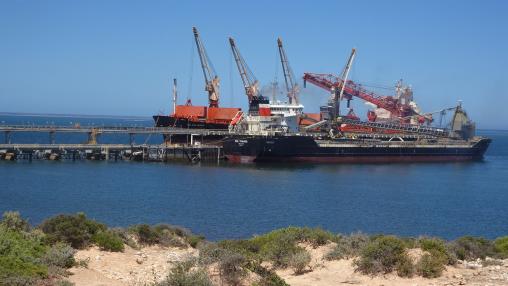
The Russia-Ukraine grain agreement: What is at stake?
On July 22, Ukraine and Russia reached an agreement to allow exports of grain and other agricultural products to resume from selected Ukraine Black Sea ports after months of Russian blockade. The agreement comes at a time when storage capacity is reaching its limits, with the much of the 2022 wheat harvest and the approximately 20 million metric tons of grains and oilseeds harvested in 2021 remaining in storage—unable to ship because of the blockade.
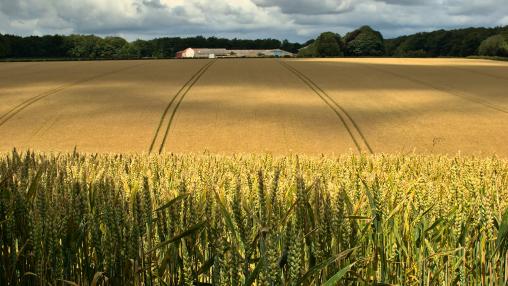
The FAO Food Price Index Continues to Decline
Marking the third consecutive monthly decline, the FAO Food Price Index fell 2.3 percent in June 2022 from the previous month, driven by declines in vegetable oils, sugar, and cereal prices while meat and dairy prices rose. Despite this continued decline, the index is still 23.1 percent above June 2021 levels.
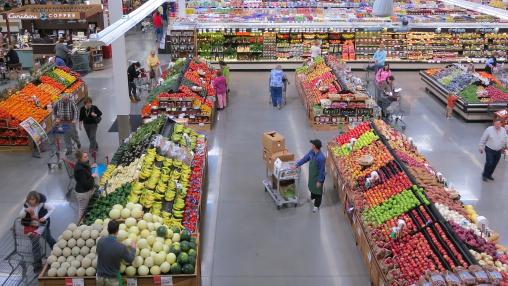
Policy seminars: As global food prices rise, important new data addresses the affordability of healthy diets
High food price inflation—driven by disruptions from the COVID-19 pandemic, climate shocks, and the war in Ukraine—has made the affordability of food and food insecurity top global concerns. Even before the current rise in prices, 3.1 billion people, about 40% of the global population, could not afford a healthy diet, according to the United Nation’s 2022 State of Food Security and Nutrition in the World (SOFI) report.
What will happen to Ukrainian grains? An overview of the current situation, available options and likely impacts on food prices and food security
The inability of Ukraine to export from its Black Sea ports has sharply reduced grain shipments from one of the breadbaskets of the world, sending shockwaves through international food markets and sparking global food security concerns. While some grain has moved out of the country on alternative routes, export volumes are less than half of their normal levels, and the costs of shipping have increased significantly.
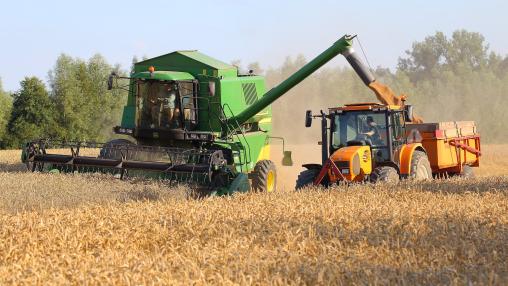
FAO Food Price Index experienced a slight decline following recent highs
In May, the FAO Food Price Index declined by 0.6 percent from the previous month, driven by the drop in vegetable oils, sugar and dairy prices, while meat and cereal prices rose. The Index is still 22.8 percent above May 2021 levels.
Are healthy diets affordable? Using new data on retail prices and diet costs to guide agricultural and food policy
New Food Prices for Nutrition data in the SOFI 2022 report launched on July 6th uses retail food prices to compute diet costs and the number of people who cannot afford a healthy diet globally. Underlying costs by food group will be published simultaneously on a new Food Prices for Nutrition DataHub hosted at the World Bank, and subnational data are being used for a wide range of in-country research across Africa and Asia.
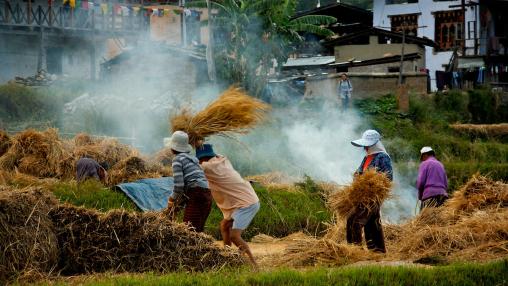
MC12: How to make the WTO relevant in the middle of a food price crisis
The World Trade Organization’s 12th Ministerial Conference (WTO MC12) takes place June 12-15 in Geneva—two years after the pandemic forced members to postpone its original schedule. In those two years, the world has changed and the importance of multilateral approaches to tackle international trade issues has become even more acute.
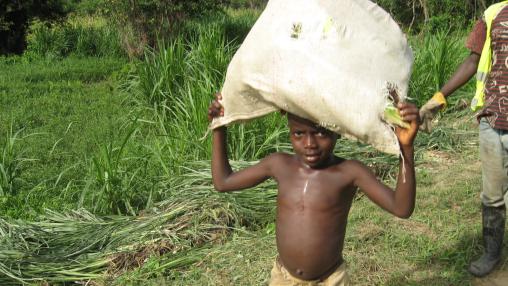
Can the G7 be a force for good in the current global food security crisis?
The Group of Seven wealthy nations (G7), currently led by the German presidency, has put a welcome focus on the global food insecurity and nutrition crisis unleashed by the war in Ukraine, with the most severe impacts falling on vulnerable populations in low- and middle-income countries (LMICs). The two May G7 meetings produced four separate communiqués, each of them dozens of pages long (the development ministers communiqué alone was 23 pages!) and a G7-led Global Alliance for Food Security was announced.
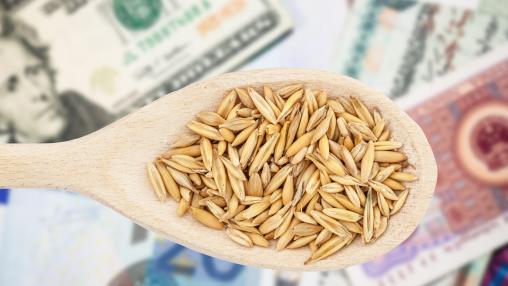
AMIS Calls for Global Coordination, Humanitarian Aid to Prevent Global Food Crisis
With the war in Ukraine continuing to disrupt global food markets and contribute to rising and volatile food prices, international policymakers are calling for coordination and humanitarian aid to prevent the situation from escalating into further food crisis.
Irrigation Investment Policy: Does Scale Matter?
Irrigation has contributed to increased food production, lower food prices, higher rural employment, and overall agricultural and economic growth. It has been a key component of agricultural intensification and transformation in Asia and has the potential to take on the same role in Sub-Saharan Africa.